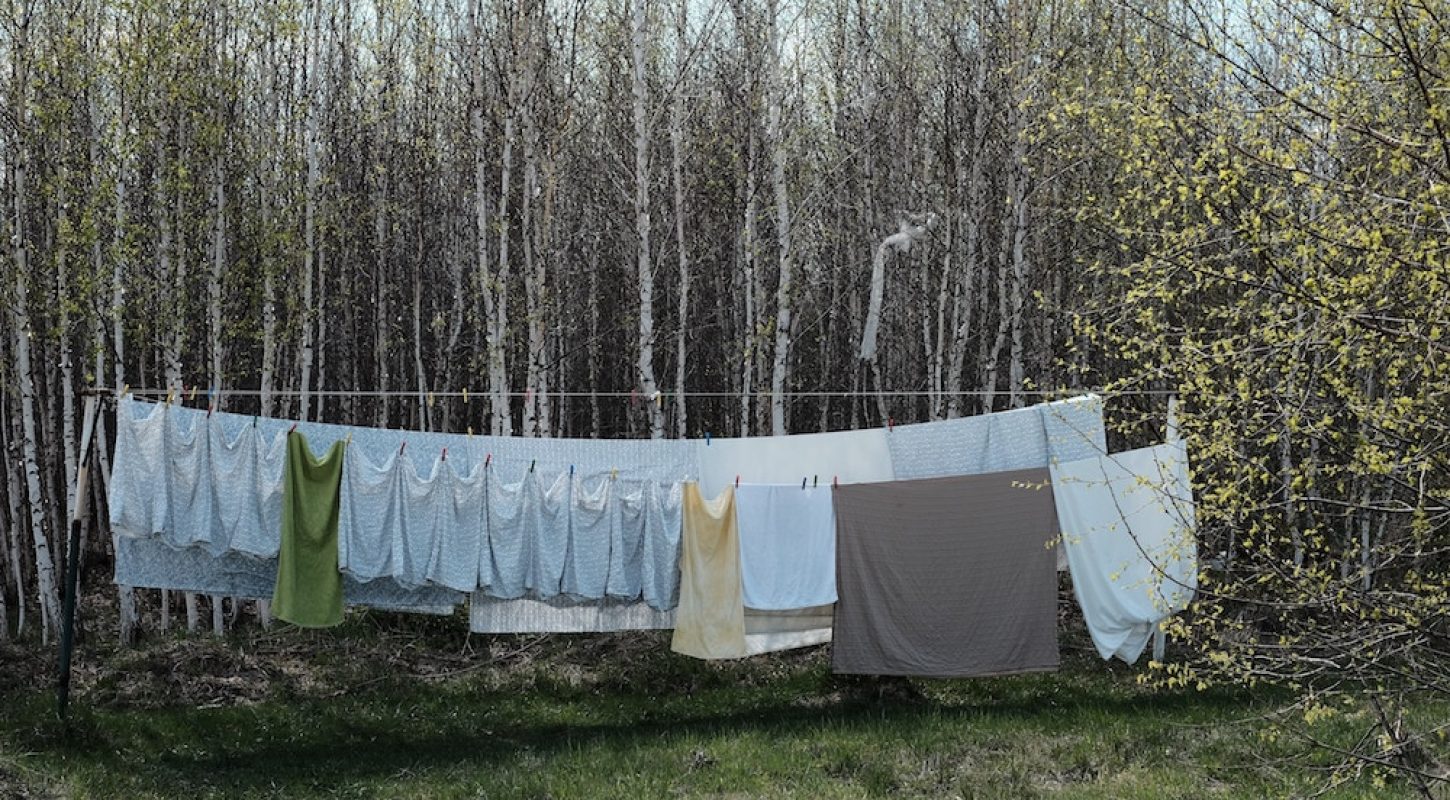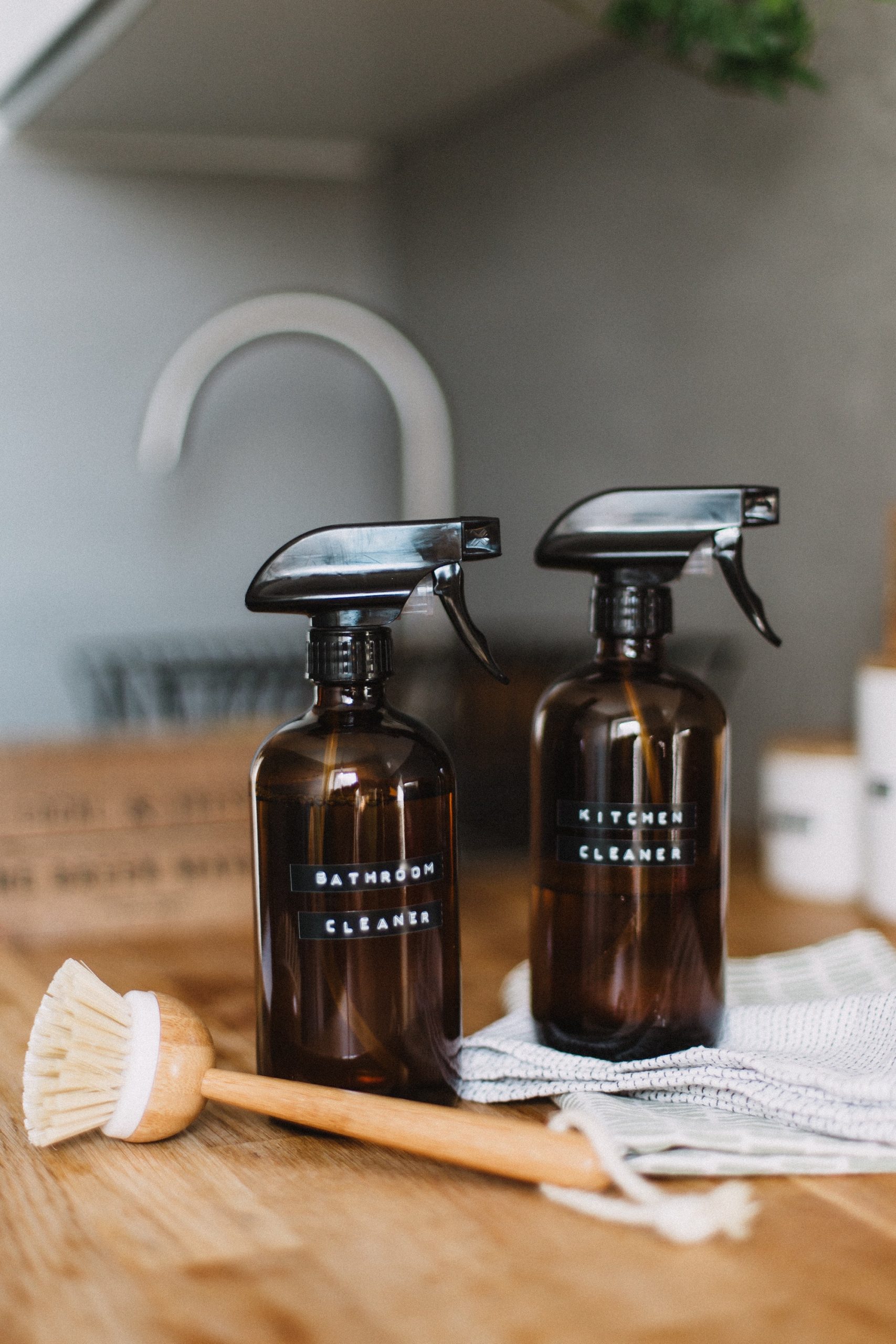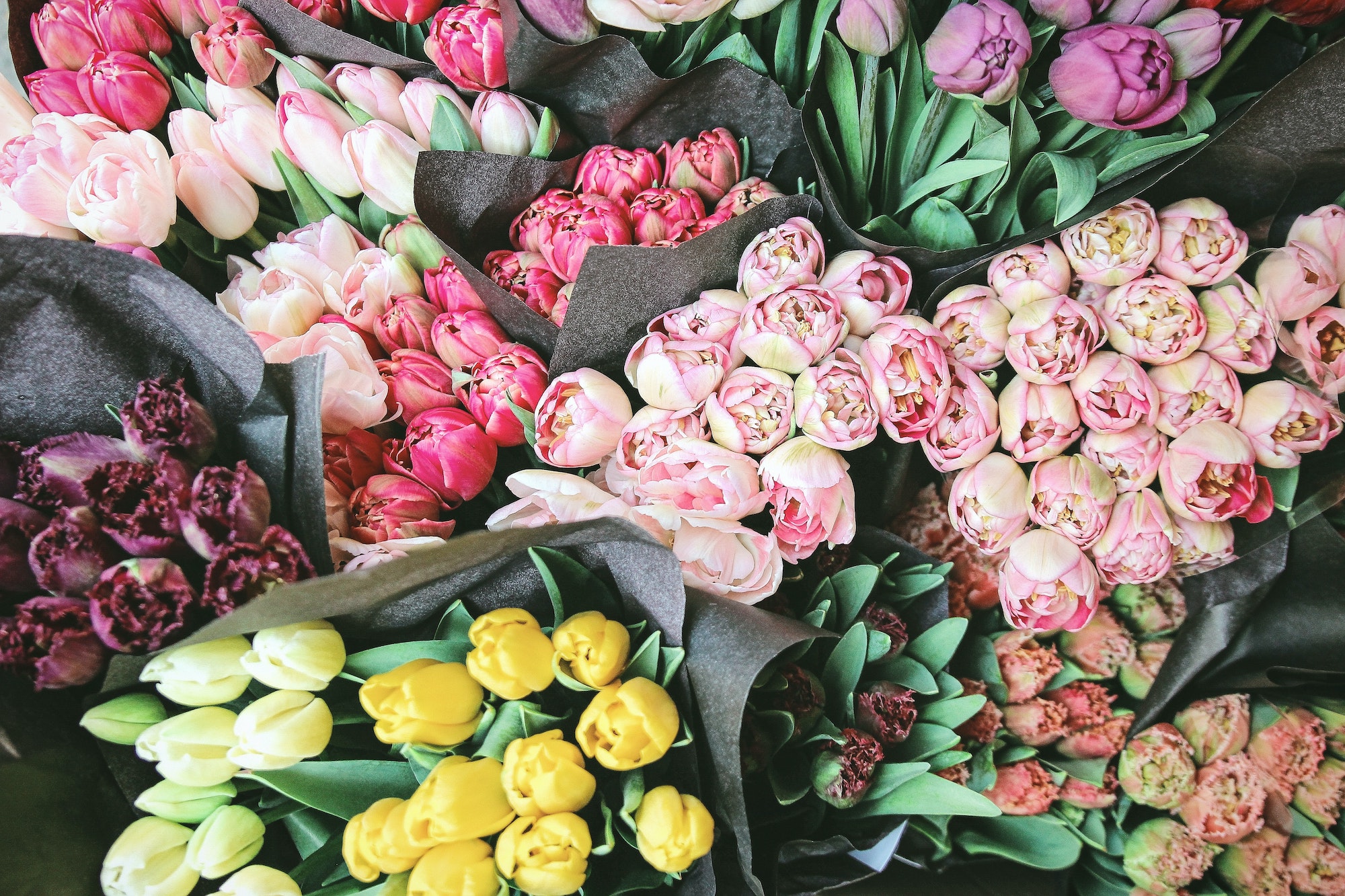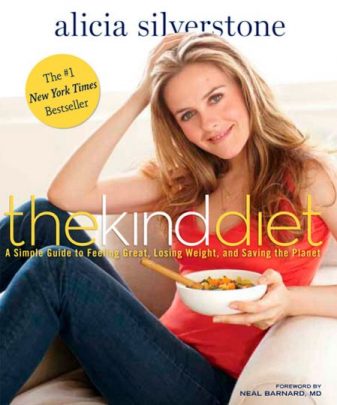I read recently that 34 million tons of carbon dioxide emissions would be saved if everyone in the U.S. switched to cold water wash cycles when doing laundry. This got me energized to share some laundry tips. Laundry is something we do on a regular basis, so altering this ongoing habit can really make a significant impact.
It’s intuitive, and what our parents use to do — cold water washing, maximizing the water usage by filling an entire full load, and then air-drying unless tumble are necessary, best practices that can really make a difference for the planet and also your pocketbook.
If you can’t manage a full load, some machines have a load size option (aka small, medium, large) so select the former ones to opt for less water. If you do not have this ability with your unit, try to use a full load to avoid water wasting. The same rule applies to the dryer. According to the EPA, this can save up to $40 a year per household.
Obviously, there are some exceptions to this, like diapers, and a few garments that may need the occasional high-temperature wash. But, washing full loads in your washer can save 3,400 gallons of water a year. Clothes will even last longer if air-dried since it’s gentler on the garments.
Nowadays, most washers and dryers on the market are energy efficient—a nice increase of 88% from 1983. High-efficiency washing machines cost less to operate, use less detergent, and save water. Your local power utility company may even offer a rebate for purchasing energy-efficient washers as well as Energy Star Certified dryers. Call them up or check out their website to inquire.
Aside from having an energy-efficient washing/drying appliance, another component I am mindful of is laundry detergent, as wastewater from these machines either flows into a septic tank in your backyard (where it then seeps back into the ground) or is sent to a wastewater treatment plant through a sewer system.
At most wastewater treatment plants, water is filtered and treated with various components, then eventually discharged to a water body, here in LA it’s the Santa Monica Bay. Some wastewater treatments recycle their wastewater, but the majority are not there yet. So, think about what kinds of products you are using to wash your clothes as this water eventually makes its way to the ocean.
This is how I try to reduce my impact when doing laundry:
- I smell my clothes and always take a second look to make sure it actually needs to be washed. Things like denim, sweaters, and dresses can be worn a few times before washing.
- I always use cold water.
- My go-to soap for years has been Eco Nuts soap berries. These little soap berries work great, are naturally biodegradable, economical (the box lasts 100 loads!), and come in a box without any plastic wrapping. I’m obsessed with them! Pop a few berries in the little cotton pouch they provide and throw them into your wash load.
- Since wastewater can flow to the ocean, it’s important to use a Guppy Bag for your synthetic-fiber based clothing items. Guppy Bag prevents microfiber pollution. It basically acts as a filter; otherwise tiny plastic fibers will make their way to the waterways and harm our precious marine life. I place items like my yoga pants and sports bras in it for the wash cycle and then pull them out of the bag to air dry.
- I installed a drying rack and use it all the time. Bedsheets, Bear’s clothes, my clothes you name it. I love it because it unfolds off the wall, so it’s an easy way to save space and air-dry at the same time. But air-drying can be done in so many low-maintenance forms whether it’s out in the sunshine or in a small rack un-folded by hand. Check out this compact cute wood one. There are some fabrics like jeans or towels that might be stiff/crunchy air-dried from the get-go, so for those items, I’ll throw them in the dryer for about 5 minutes to fluff the fibers, then I take them out to air dry.
- We have a greywater system installed in our home for our bath/shower/sink. You can read all about it here. We missed the boat on connecting it to our laundry machine. But you can! It depends on the plumbing. But if you do it, it means the water from laundry/shower/sink etc. is recycled to water fruit trees and more instead of being wasted.




